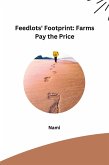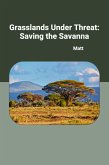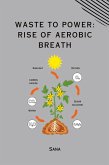Court Decides: Power in One Environmental System The quest for a unified approach to environmental regulation has long been a battleground, with proponents arguing for efficiency and opponents citing concerns over diluted oversight. A recent court decision has reignited the debate, placing the spotlight on the "One Environmental System" (OES) and its potential impact on the balance of power.The Case for OES: Streamlining and EfficiencyProponents of OES laud its ability to streamline the permitting process for industries like mining, energy, and waste management. Traditionally, these industries face a labyrinthine maze of approvals - each agency with its own regulations, leading to delays and inconsistencies. OES proposes a single application process, consolidating oversight under one umbrella. This, advocates argue, creates several benefits:-Reduced Costs: Companies can avoid the duplication of fees and paperwork, leading to significant cost savings. These savings can then be redirected towards environmental mitigation measures.-Increased Efficiency: OES eliminates bureaucratic hurdles. A single application and streamlined approvals expedite the permitting process, paving the way for quicker project initiation.-Enhanced Transparency: By consolidating information into one system, the OES fosters greater transparency. Public access to all relevant data improves public engagement and strengthens trust in the regulatory process.









